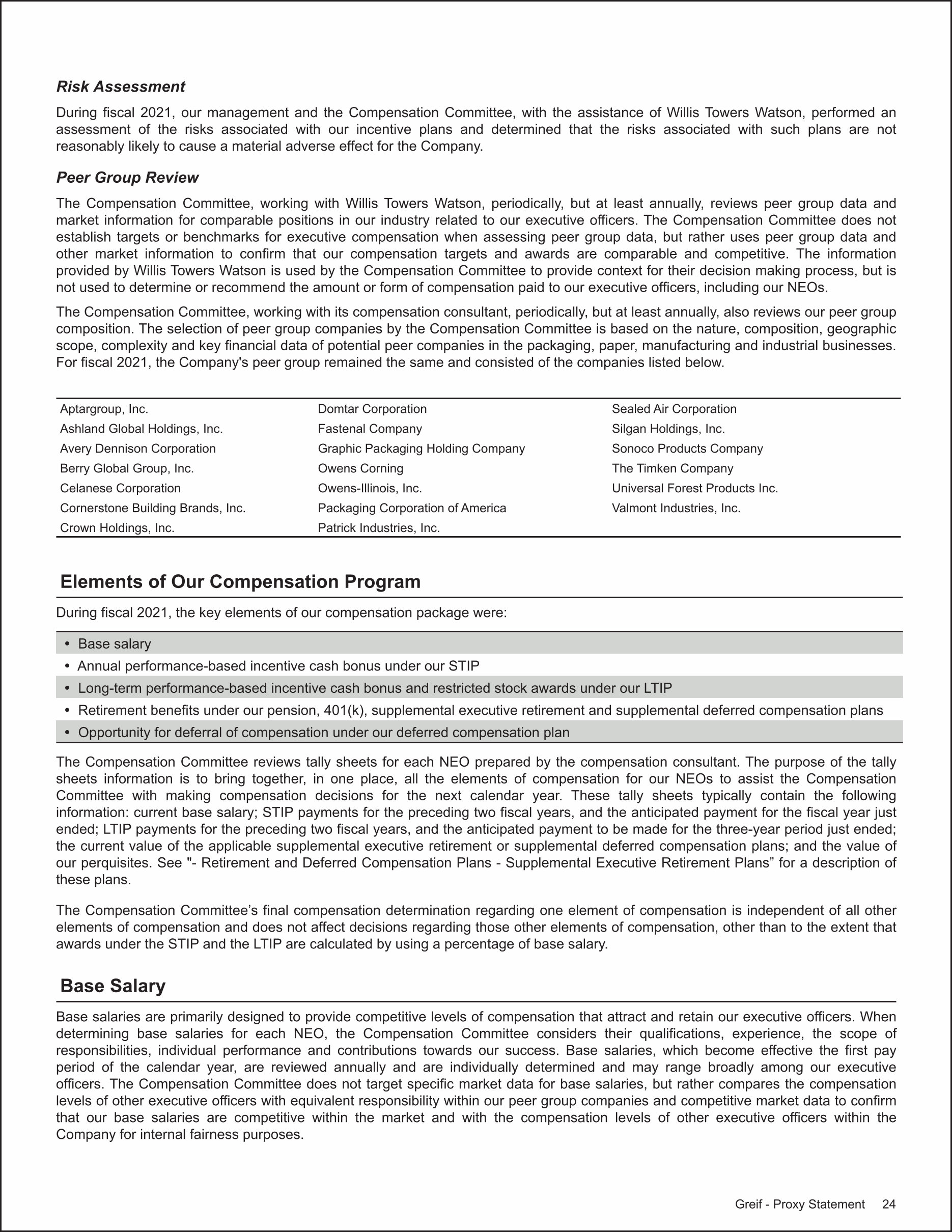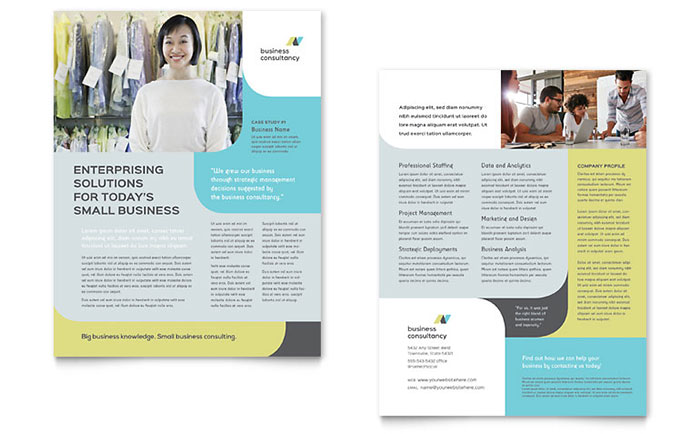
Professional services are occupations in the service sector that require specialized training and skills. These occupations may require professional licenses, degrees, or certifications. These professionals provide a broad range of services including legal services and medical care. This article will explain the benefits and costs of professional service.
Prices for professional services
Professional services that were incurred prior the issuance of a FPAA/SLOA are not eligible to be reimbursed. Also, professional services must be compliant with applicable federal and State requirements. The Local Government Project Management Guide describes the rules and procedures that apply to the procurement of professional services. This guide will help you decide whether to reimburse professional services.
Professional services can only be procured by competitive sealed bidding. Small purchases are exempted from competitive procedures if the total cost is less than $100,000. This four-step procedure includes the request for proposal, the public announcement, the negotiation and finally the award. This process is not perfect.

Professional service firms have certain characteristics
Financial success for a professional service company is often dependent upon its ability to retain and draw new clients. These firms have many benefits including lower marketing costs and repeat clients. The risk of cash flow is reduced because retention is more predictable than new work. The quality and services provided by its employees are key to the firm's success.
Many companies can benefit from outsourcing tasks to professional services firms. This can help businesses identify areas where their employees are lacking or struggling to perform. This helps businesses keep their employees on the same page across all tasks, and help them achieve their goals. Small business owners can contact local chambers of commerce or referrals to find a professional service firm.
Professional service businesses must put in a lot of effort to train their employees and retain the best. Professional service firms need to have the best employees possible and a good reputation.
Uncertainty in professional service
Many professional services can be sold as promises. The ultimate goal of these services, therefore, is to reduce uncertainty. In addition, the professional services should offer a level of confidence and peace of mind. Uncertainty in professional services is one of the most common types of problems faced by clients.

A lack of agreement among partners is one reason why firms are unable to handle uncertainty. This can make critical decisions difficult. Partners-led professional service companies must collaborate to ensure that key decisions can be made in a consensus-based way. Although uncertainty can be difficult for businesses, it can also help them grow and prosper. This will require a shift in mentality and an ability for change to be accepted.
It is crucial to remember that success depends on the achievement of the first and second goals. Uncertainty reduction depends on whether the representative is successful in addressing the substantive problem and establishing their status as a professional. A representative must be able to communicate with clients and have the necessary knowledge and skills.
FAQ
How long does a consultant take?
Depending on your industry and background, the time required will vary. Most people start with just a few months of work before finding employment.
Some consultants work for years to perfect their skills, before being hired.
What is a consultant?
A consultant is someone who offers services to others. This is more than a job title. You help others achieve their goals. This involves helping them to understand their choices and making the right choices.
Consultants are experts in finding solutions to the problems and challenges that arise while working on projects. They provide advice and guidance about how to implement those solutions.
Consulting should be able address questions related to law, finance and technology.
What can I count on from my consultant to help me?
You should hear back from your chosen consultant within a few days. They will typically ask for information about the company, such as its mission, goals. products and services. budget. After that, they will send you a proposal detailing the scope of work, expected time frame, fees and deliverables.
If all goes according to plan, the two sides will sign a written deal. The terms of the contract will depend on the type of relationship between the two parties (e.g., employer-employee, employer-independent contractor).
If everything goes as planned, the consultant may begin to work immediately. He/she will have immediate access to your internal documents, resources, and you'll be able to access his/her skillset and knowledge.
However, don't assume that just because someone is a consultant that s/he knows everything. It takes practice and hard work to become an expert in the field you are consulting. Don't expect your consultant know everything about your company.
Statistics
- So, if you help your clients increase their sales by 33%, then use a word like “revolution” instead of “increase.” (consultingsuccess.com)
- "From there, I told them my rates were going up 25%, this is the new hourly rate, and every single one of them said 'done, fine.' (nerdwallet.com)
- 67% of consultants start their consulting businesses after quitting their jobs, while 33% start while they're still at their jobs. (consultingsuccess.com)
- WHY choose me: Why your ideal client should choose you (ex: 10 years of experience and 6-week program has helped over 20 clients boost their sales by an average of 33% in 6 months). (consultingsuccess.com)
- Over 50% of consultants get their first consulting client through a referral from their network. (consultingsuccess.com)
External Links
How To
What's a typical day like for a Consultant?
Your work type will determine the length of your day. However, the majority of your day will consist of research and planning, meeting clients and preparing reports.
Clients will often meet with you to discuss their problems. These meetings can be held over the telephone, online or face-to face.
Sometimes, you may be asked to create proposals. These are documents that outline your ideas and plans for clients. You'll need to discuss your proposals with a mentor, colleague, or friend before you present them.
After all the preparation, you'll need to start creating content. This could include writing articles, designing websites or editing photos.
You may need to conduct research depending on the scope of your project to find relevant statistics and figures. This could include finding out how many customers your company has and whether they purchase more than one product.
Once you have all the information needed, it is time for clients to see your findings. Your findings can be presented orally or written.
After the initial consultation, it is important to follow up with clients. You could phone them occasionally to check on things or send an email asking them to confirm that you have received their proposal.
Although this process can take time, it is important to stay focused and build good relationships with your clients.